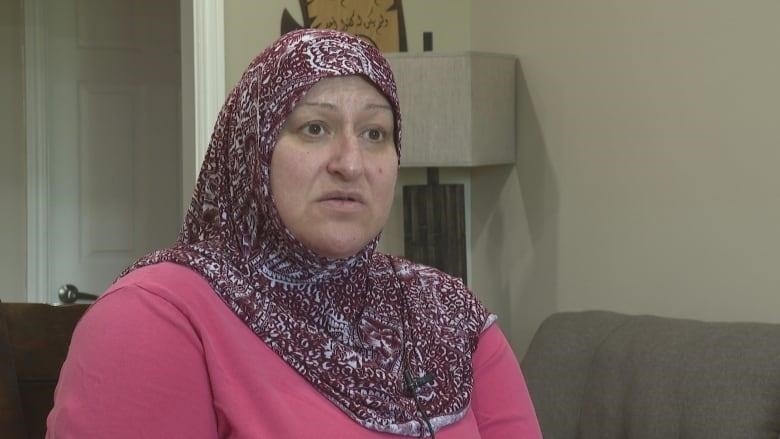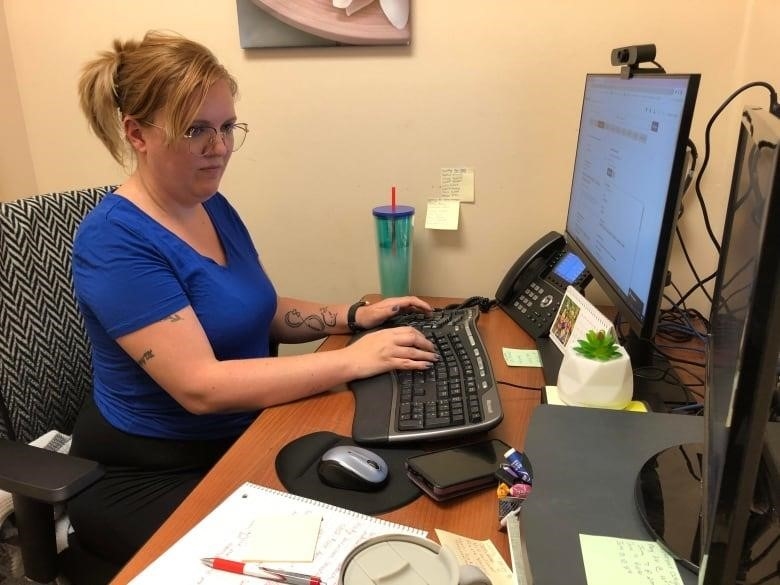
One Windsor woman says, “I think anything from the government is good.
Donia Khanji of Windsor, Ontario, says that her physical problems make it hard for her to make money. Because she doesn’t have much money, she has had to make some hard choices about how to treat her diabetes.
“Unfortunately, using the same needle is bad for me, but if I’m being honest, I do use the same needle over and over again because I can’t pay $55 every month for needles,” she said.
A new bill wants to make sure that people like Khanji don’t have to keep making these kinds of decisions.
The Canada Disability Benefit Act, or Bill C-22, was just passed by Parliament on Tuesday.
It will give federal money to people with disabilities who are low-income and of working age.
With the help of the benefit, people’s incomes would reach a certain level. After the bill passes, the government has a year to figure out what this level is.
“Even a penny can mean a lot to someone who is disabled and can’t work. “With what I have, I can’t make any more money,” Khanji said.
Advocates for people with disabilities also say that the bill could change how people with disabilities live.
Sarah Wuerch works as an employment specialist for Insight Advantage, a company that helps people with disabilities find work.

Wuerch said, “It would help them get jobs in fields they love and enjoy, which is what they want to do.” “Not work to pay their basic bills or put food on the table.”
Even though the bill might be passed, Windsor-Tecumseh MP Irek Kusmierczyk said that there are still a lot of details to work out.
Kusmierczyk, who is also the parliamentary secretary for the minister in charge of making sure people with disabilities are included, said, “We will work directly with the disability community to design the actual framework, the actual rules to decide what the amount is and who is eligible, for example.”
This framework is what makes other people who work to help people with disabilities doubtful.
“We don’t know who will be able to get it or what bureaucratic hoops they’ll have to jump through to apply for it. The Accessibility for Ontarians with Disabilities Act Alliance said in a statement after the bill was passed, “We don’t know when it will start to be paid.”
“The Trudeau government is the only one who can tell us that, in the best case, it will be at least a year away.”
The group also had problems with the benefit not being available to people over the age of working, with the act being able to be changed without a vote in Parliament, and with the benefit being cut for people with private insurance.
For Wuerch, the bill would change what kinds of help people who need her could get.
She said, “We would first help clients understand what they have access to, and then we could encourage them to get a job so they could do all those other things.” “I hope it will be more than enough for them to live on.”
Even though the bill might be hard to pass and get bad reviews, Khanji is optimistic about what will happen next.
“I think anything the government does is good. Anything can help a person with a disability.”
